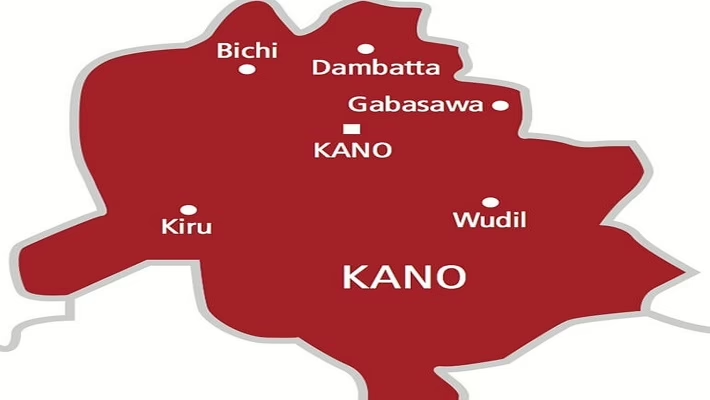By Lindsay Barrett
The Interim Administrator meets with some of the amnesty pilot trainees. In recent weeks an unusual and unique example of the expression of public sentiment has occurred in Bayelsa State and been widely reported on social media. This has been the mounting of several gatherings of youthful ex-militants expressing support for the continued tenure of the most recently appointed head of the controversial Presidential Amnesty Programme, retired Major General Tariye Ndiomu. Ndiomu’s actions and decisions since taking up the post have apparently been challenged by some vocal opinion-makers from the Niger Delta but a substantial proportion of the young persons who are supposed to be the main beneficiaries of the amnesty programme appear to disagree with these challenges. Close scrutiny of the programme since its establishment under the Umaru Yar’Adua presidency, and its consolidation by Goodluck Jonathan, reveals that it has had a very irregular and unruly record, especially in respect of the record of service of those selected to head it. One of the early directors of its affairs has been in exile for several years and is believed to be avoiding Nigerian investigators. Ndiomu is in fact the seventh person to be appointed to the post since the programme was initiated and the office is now designated that of Interim Administrator. However, many knowledgeable observers have adjudged that his performance since he assumed office on September 15, 2022, has been noticeably innovative, which may explain why some elements in the territory choose to challenge his achievements.
It became clear early in his tenure that he would approach the task of running the affairs of the programme by deploying the values of discipline and punctuality expected of a military professional. Very soon his style of management gave rise to complaints from some staff members who claimed that he was too strict and autocratic in the office but within a few months he had brought about comprehensive changes in the personnel and proficiency of the workforce. He has since articulated a strategy of reform for the programme that at first sounded as if it might be difficult to implement but which he has been able to kick-start with impressive success so far. The key components of this transformation are based on the establishment of realistic objectives, which he has identified as being key factors for achieving the original purpose of the programme. Among these the restoration of relevance to the agenda of the vocational centres that were previously established has been a paramount goal. He has also identified the provision of lasting initiatives for employment of members of the population of Niger Delta communities as the major objective that should be generated by the Amnesty Programme. As a consequence of this, he has initiated a far-reaching policy of developing cooperatives for commercial investment in various aspects of local trade and industries that should survive long after the amnesty programme has ended. In addition to this, he set out to sanitize the record-keeping of the institution in both financial and professional accountability. This led to his tenure being regarded as a threat to their privileges by those who might wish to use the Amnesty Programme as a source of either personal or political aggrandisement.
In attempting to judge the success and record of performance of official policy initiatives like the Amnesty Programme, it is important to have a comprehensive perception of the motive for their creation. The foundation on which the programme was conceived was basic government concern for the genuine grievances expressed by the youth of the Niger Delta region. When the programme was created, it was adjudged to be a compensatory initiative meant to replace punitive action with the consequential indemnity arising from the administration’s decision to forgive those who had protested against the unfair exploitation of resources in the Niger Delta. Bearing this in mind, the managers of the programme should endeavour to ensure not only that it works for the beneficial advantage of the young participants but also that its consequences generate positive advantages for the entire community. To this end, the Interim Administrator has apparently gone to great lengths to develop internal corrective methods of operation to ensure that probity in the conduct of its affairs is guaranteed. Not surprisingly, this commitment has provoked resistance among some of those who collaborated with earlier management in carrying out tasks, which have not borne fruit. It is, therefore, in response to this eventuality that some of the youth whose actions gave rise to the programme have expressed support for his effort to expand the agenda of the amnesty programme and restore credibility to its objectives.











